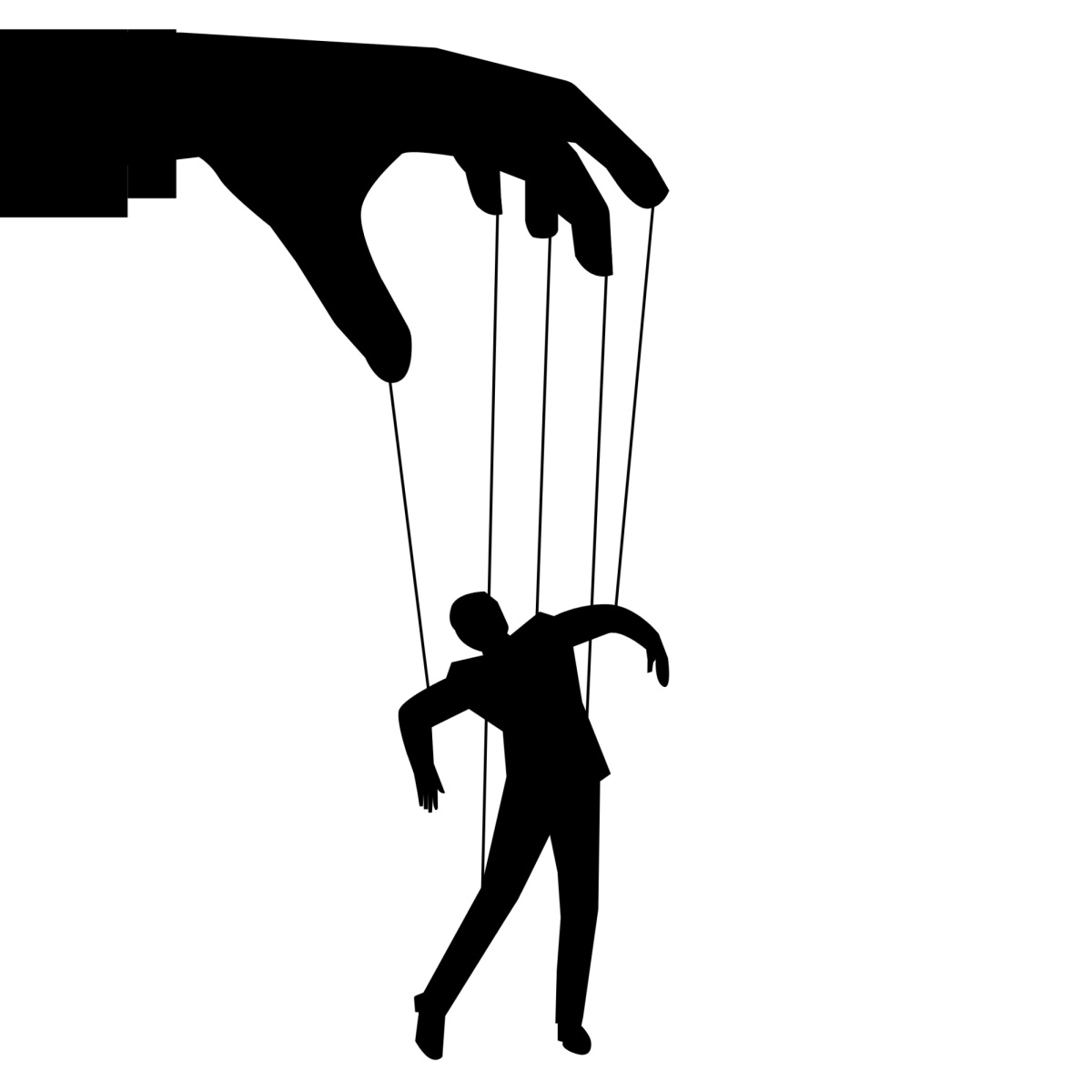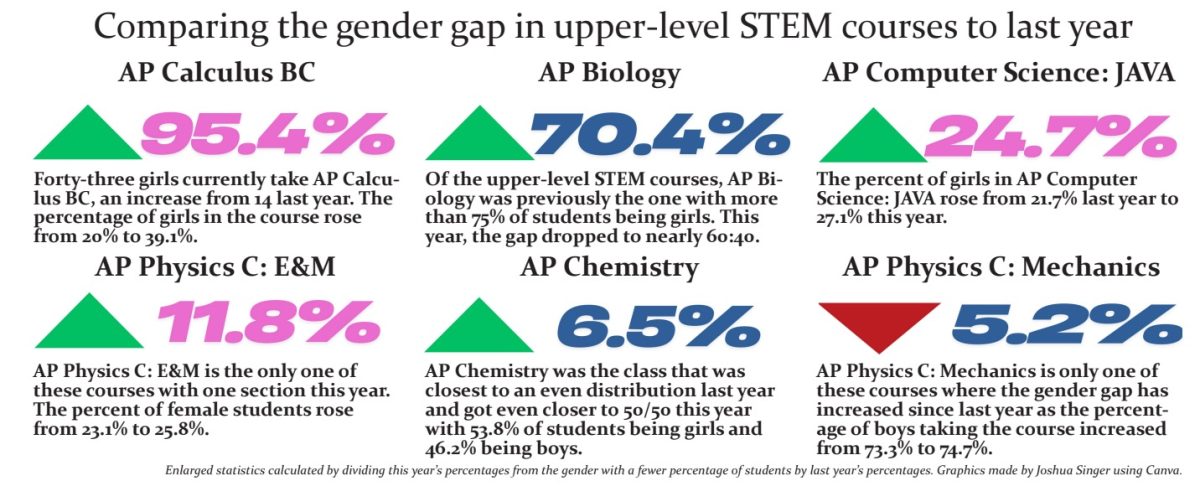Ranked as one of the top 10 public high schools in Maryland, according to Niche, WJ is known for its academic rigor and excellence. With an additional soaring graduation rate of 95%, an AP enrollment rate of approximately 64% and average ACT scores sitting in the 95th percentile, students conquer numerous academic challenges, producing a highly competitive school environment. While this fierce environment positively impacts some students, causing them to push themselves to exceed expectations and national averages, others are discouraged with the level of competition, hindering their learning experience.
Most commonly experienced by students is academic judgement from friends and peers. From comparing test scores and assignment quality to discussing standardized test scores, competition is encouraged amongst students. Although many WJ students exceed expectations in these categories, those who don’t often feel ashamed of their accomplishments despite their potential alignment with national averages and norms.
“I have a lot of really smart friends at WJ and oftentimes, I don’t feel super comfortable talking about grades with them,” an anonymous sophomore said. “They don’t mean to say anything judgey, but we just have different standards for what ‘a good grade’ is. Sometimes when we’re talking about getting a B on an assignment they’ll talk about how easy it was and how getting a B isn’t good enough even though that was the grade I probably got and was happy about. I don’t think people mean to be judgemental about grades but it’s kind of inevitable at such a hard and smart school.”
Despite the negativity that peer judgement might place on WJ students, it’s important to consider the bigger picture with consideration for MCPS’s notorious grade inflation. Not only does the county’s grading system make it nearly impossible for students to fail classes, but it also creates a misconception of grading basises, failing to prepare students for the academic rigor of college courses, should they choose to continue school post-grad.
“The grading system in college is a lot harsher than the grading system in high school,” Kent State freshman and WJ alum Anna Zucconi said. “An A+ at Kent is 96% and up, which is a lot harder to get than a 90%. I would’ve been satisfied with a B or higher for high school grades, but if I were to get an 80 or 79.5 in a class now it would really drag my GPA down.”
In addition to students, teachers have proven to have a great contribution to this problem, with students claiming that sometimes teachers come across more judgy than supportive, despite their best interests. There’s a proper way to go about providing students with constructive feedback or a little push, but sometimes teachers fail to consider the sensitivity of discussing the grade performances of their students.
All in all, there proves to be two sides to the academic judgement at WJ, with one evoking harm on students’ work ethic and mentality, and the other preparing them for a higher and more challenging education. The negativity is undeniable, but could the positive outcomes outweigh the negatives?
“When I was in high school, the judgement I’d get from my friends would definitely annoy me and make me uncomfortable with talking about school and grades, but looking back I really think embracing that judgement would’ve better prepared me for college,” Zucconi said.








